Learning conditions during a hybrid learning sequence in a French agricultural high school
Résumé
In France, vocational high schools are integrating more and more in curricula what is known as personalized tutoring times (APE). According to the official texts, they may have several objectives depending on the local needs of the schools: improving students' skills in a particular discipline; offering a general methodological assistance (e. g. learning to take notes); preparing pupils before going on an internship; helping them to prepare exams; accompanying them in the construction of their professional project; etc.
In this communication, we are interested in a tutoring sequence of this type, set up during the first year of a vocational baccalaureate training program (3 years-course), within an agricultural high school that trains students in the agrifood trades. This vocational school is located in a region specialized in the production of local cheeses (particularly the county) and has a manufacturing workshop (and a control lab) to train students in their production. Moreover, it is not only a place of training but also a real production unit (food products are sold in a local store or in some supermarkets in the area).
To study this pedagogical sequence, we have conducted an ethnographical survey over several weeks in the school, using different data production methods: documents collection, observations, video recordings (more than a hundred hours), interviews with students, teachers and trainers, etc. Based on this corpus, we first study the didactical characteristics this teaching sequence designed to achieve several objectives: preparing students for their first internship in a dairy (learning some basic skills and attitudes); helping them in their training pathways; but above all, training them for their oral exam at the end of the year (Masson, Veillard, Olry, 2017). This teaching sequence combines different activities (preparatory phase, cheese production tasks, reflective work on these tasks through oral and written activities), actors (teachers of a discipline, professional trainers, educational assistants) and learning places (classroom, manufacturing workshop, control lab, boarding school, etc.). In this sense, it can be described as a hybrid learning sequence, insofar as it does not concern a single teaching discipline, a single learning venue, or a single school (or professional) logic, but seeks to articulate all these elements in a single learning sequence, which aims to achieve several pedagogical objectives.
Thereafter, by studying the students' activity, we try to point out both affordances (Billett 2001; 2002) and learning obstacles, generated by a complex pedagogical sequence of this type. In particular, we show that written work required of students at different steps, allow them to engage in reflexive activities about professional tasks they previously performed in the manufacturing workshop. These reflexive phases, partly supervised by some teachers or other types or actors, can theoretically be considered as a process of "secondarisation" of these experienced tasks (Bautier and Goigoux, 2004). They put students in a reflexive posture on their professional activity, by using oral and written linguistic tools (Vygotsky, 1933), but in another place and another temporality, which can help them to develop new conceptualizations (Vergnaud, 1996; Pastré, 2011).
